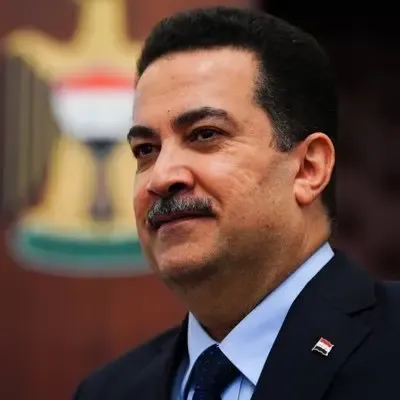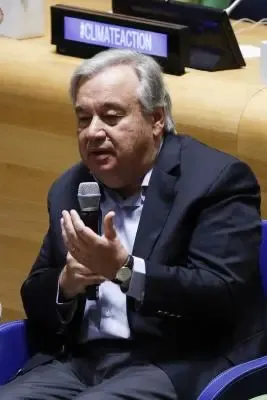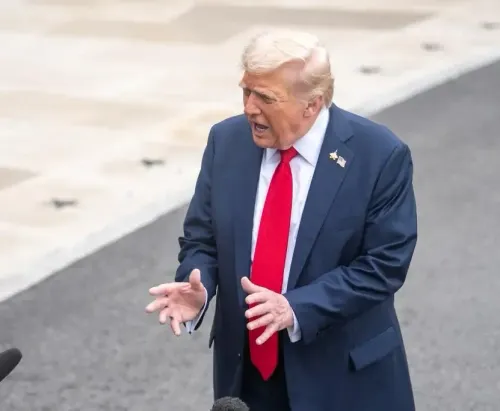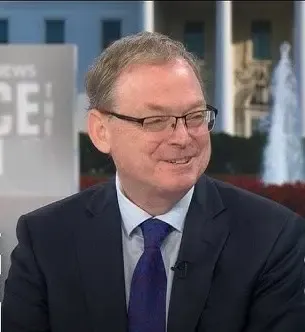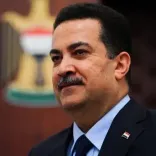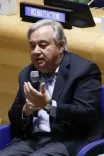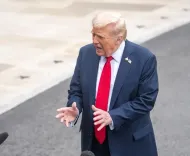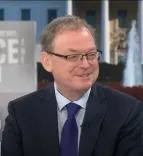Should the Yunus Government Reflect on Violence Against Minorities in Bangladesh?
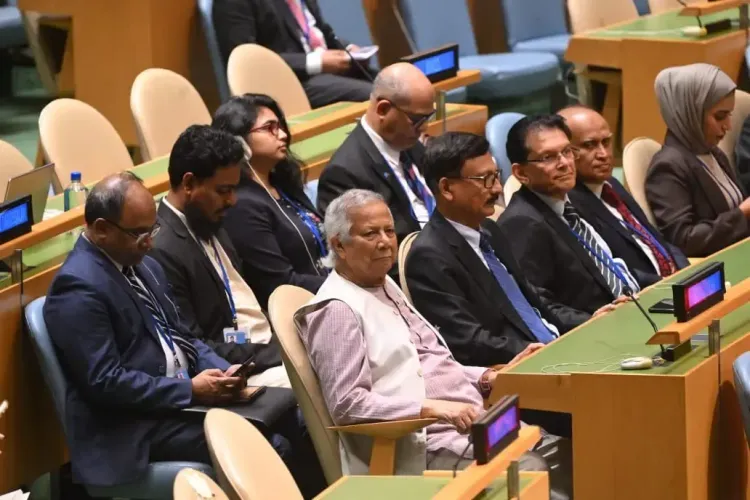
Synopsis
Key Takeaways
- India criticizes Bangladesh's government for blaming external factors for internal violence.
- Calls for investigation into local extremist activities against minorities are intensifying.
- The recent violence has raised global concerns about human rights.
- Human rights organizations demand accountability for the atrocities committed.
- The international community is calling for justice and protection of minority communities.
New Delhi, Oct 3 (NationPress) India expressed strong disapproval of recent comments made by Bangladesh's Home Advisor Jahangir Alam Chowdhury, pointing out that the interim government led by Muhammad Yunus consistently shifts blame and deflects attention from its internal shortcomings.
During a media briefing in New Delhi, Randhir Jaiswal, spokesperson for the Ministry of External Affairs (MEA), asserted that the Yunus administration ought to examine the activities of local extremists who have been perpetrating violence against minority communities in Bangladesh.
“We categorically reject these false and unfounded claims. The interim government of Bangladesh has shown an inability to maintain law and order, often attempting to redirect blame elsewhere. It would benefit from introspection and thorough investigations into the actions of local extremists engaging in violence, arson, and land grabs targeting minority groups in the Chittagong Hill Tracts,” stated Jaiswal.
This statement was a response to Chowdhury's recent assertion that New Delhi was instigating unrest in the Khagrachari district of the Chittagong Hill Tracts.
The violence against indigenous populations in the Chittagong Hill Tracts has raised serious concerns among global leaders regarding the plight of marginalized and religious minorities in Bangladesh.
Numerous human rights organizations have called on the interim government to take decisive action against those responsible after a series of violent incidents resulted in the deaths and injuries of several indigenous individuals in Khagrachari, following extensive arson, looting, and indiscriminate firing by Bangladeshi security forces.
The unrest began on September 28, as community members demanded justice for a Marma schoolgirl who had been horrifically gang-raped.
On Wednesday, an exhibition was organized outside the United Nations in Geneva by the International Forum for Secular Bangladesh, bringing international attention to the deteriorating human rights situation in the South Asian country.
The two-day display featured 30 panels that illustrated the rise of radical fundamentalism, communal violence, oppression of minorities, suppression of press freedom, mob violence, and sexual abuse.
Earlier this week, the Bangladesh Hindu Buddhist Christian Unity Council, an organization advocating against religious discrimination, expressed profound sorrow and outrage at Yunus' dismissal of the persecution faced by Hindu minorities in Bangladesh as “baseless.”
Yunus made these statements during an interview with the Global Thinkers Organisation (GTO) while at the UN General Assembly in New York, rejecting claims of Hindu minority persecution during his administration.
In condemning the Chief Advisor's comments, the Council stated that it represented a denial of reality.
Bangladesh has witnessed an escalation of violence against minorities, particularly Hindus, under the leadership of the Yunus-led interim government, igniting outrage among citizens and various human rights organizations worldwide.

